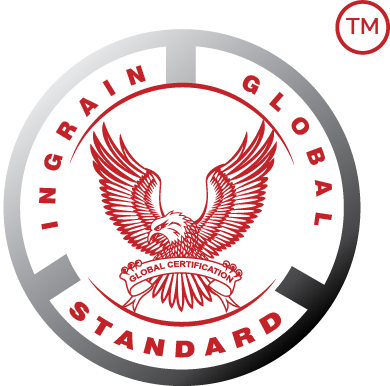Email us at : [email protected] / [email protected]
Call us for any questions : +91 98942 63543 / +91 98942 09907
-
D 127 Rajam Road, TVS Nagar,
Madurai, Tamil Nadu 625 003 -
Mon - Sat 09.30 - 06.30
Sunday Closed
HACCP
HACCP is a systematic preventive approach to food safety that identifies, evaluates, and controls hazards at critical points in the food production process. ISO HACCP combines these principles with other management system elements to create a more holistic food safety management system.
Benefits
Improved Food Safety: The systematic approach of ISO HACCP helps prevent, control, and eliminate food safety hazards, leading to improved food safety outcomes.
Regulatory Compliance: ISO HACCP helps organizations comply with regulatory requirements related to food safety, demonstrating a commitment to producing safe food products.
Enhanced Market Access: ISO HACCP certification is often recognized internationally, facilitating market access by demonstrating compliance with global food safety standards.
Consumer Confidence: Certification to ISO HACCP provides assurance to consumers that the organization has implemented a robust food safety management system.
Efficient Resource Utilization: By identifying critical control points and implementing effective control measures, organizations can optimize resource utilization and reduce waste.
Supply Chain Management: ISO HACCP encourages collaboration with suppliers to ensure the safety of raw materials and ingredients, improving overall supply chain management.
Risk Management: The systematic risk assessment and control measures in ISO HACCP contribute to effective risk management in food production.
Continuous Improvement: The standard promotes a culture of continual improvement, helping organizations identify opportunities for enhancement in their food safety processes.
ISO HACCP provides a structured framework for organizations in the food industry to manage and control food safety hazards, leading to benefits such as improved food safety, regulatory compliance, market access, and consumer confidence.

